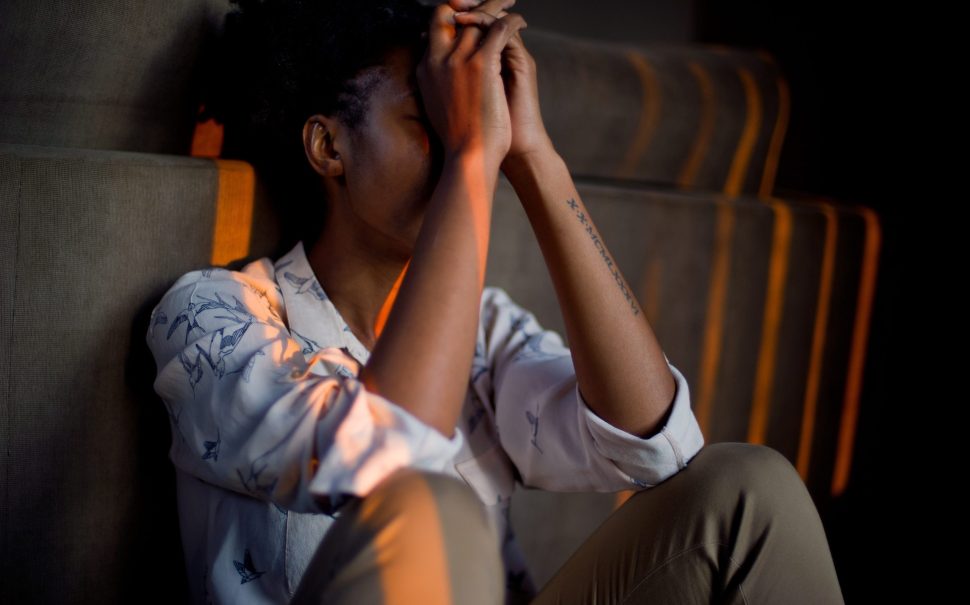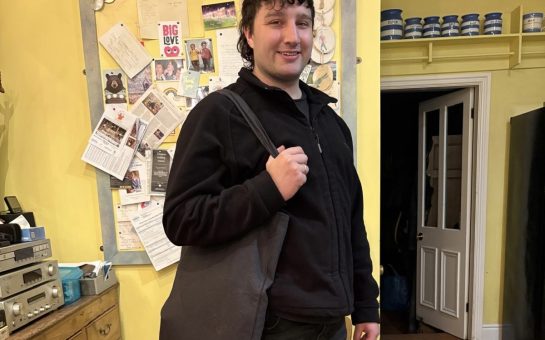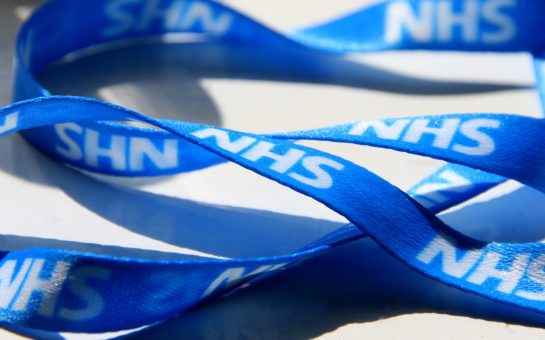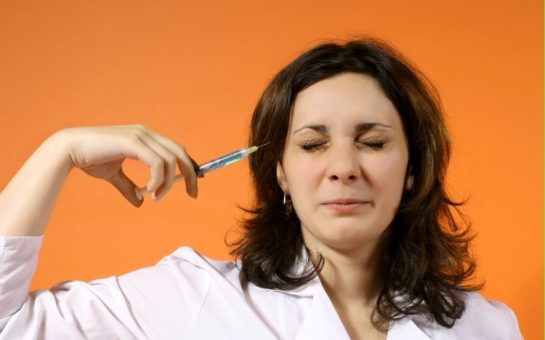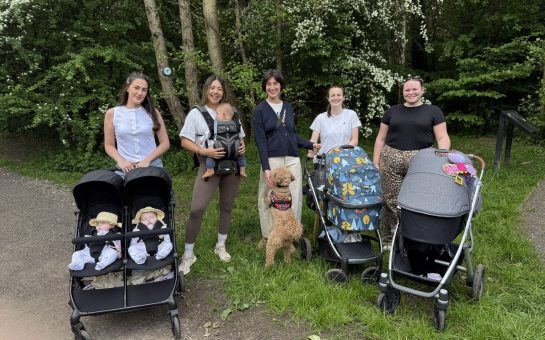“Exams won’t be cancelled!”, yelled Tom during a heated debate about COVID-19 over lunch at college.
That same evening, he turned on the television to watch a press conference announcing the closure of all schools across England.
Tom was annoyed that his revision may have been for nothing, but he had surely known – Instagram had recently shown him a clip of Italians singing from their balconies, plunged into a lockdown that now felt inevitable.
A month later, he no longer cared for that wasted revision, now trapped in his house watching the country’s death toll rise by the day.
So what impact did that have on the youth?
What did the everyday reminder of death for months on end do to young minds?
Lucy, 23, lived in Stockport with her family during the lockdown and was part of many long conversations about the importance of staying healthy and unaffected by COVID-19.
Her brother is immunocompromised, the other had suffered a heart attack the year before and both her parents were getting into their 60s.
For this family, a COVID-19 diagnosis felt like a death sentence.
Lucy has a clean bill of health despite many GP appointments, hospital visits and the constant fear that she might die.
This is because the 23-year-old has health anxiety and OCD, two closely-linked conditions that in combination produce constant, recurring fears related to one’s health.
Lucy recalled “not wanting to go to bed because I thought I’d die in my sleep” after experiencing heart palpitations – her biggest fear due to a family history of heart-related issues.
She said: “It’s about control. You can’t control your health completely, a lot of that is down to genetics, and OCD is all about control.
“If I feel like I can’t control my body, everything feels off.”
The 23-year-old described a health anxiety episode as a “horrible feeling throughout my whole being” that stops her from doing anything.
Lucy said: “I can’t do normal things, even just day-to-day stuff. Cooking, cleaning, conversing with people feels impossible because I’m constantly thinking about my health and it won’t go away.
“It can take weeks or months to get over that. But once I have another bad day, I go back into the spiral.”
Lucy remembered being too scared to search up on Google about what her heart palpitations meant when she was younger, for fear that the results would tell her she was dying.
Now, she searches on Google “religiously” when concerned about a new symptom she’s experiencing, and admits that the results can lead her to think “a muscle twitch is a heart attack”.
Ben, 21, shared a similar experience after his grandfather passed away in 2024.
He recalled experiencing a panic attack the night before the funeral, his first severe experience of anxiety, which snowballed rapidly after finding an Instagram clip discussing cancer.
The video was of a health influencer listing the possible symptoms, which prompted Ben to consider whether he may have it.
His only symptom was blood on his wipe, which he was previously certain was due to the coarse, low-quality toilet paper he was using.
A week later, Ben visited his GP for the first time in years to relay this symptom to his doctor, who sent him in for blood testing and requested stool samples.
These tests revealed a slight elevation in his liver results, and Ben began to experience frequent panic attacks with the stress sending him to the toilet anywhere between 4 to 6 times each day.
The 21-year-old said: “I received those results on a Friday afternoon and couldn’t call again until Monday. My iron was slightly low too, which Google told me could be because of lost blood.
“I spent that weekend thinking I had cancer and it had spread to my liver.”
Ben attended a showing of Poor Things that weekend, a film starring Emma Stone in which a character dies from cancer.
He said: “When I saw that, I remember thinking ‘I’m going to die’.
“I didn’t want to go out with my friends anymore because I didn’t see the point. It was already over.”
Ben was diagnosed in late 2024 with an autoimmune condition which he believes was brought on by the stress of this ordeal, but after a colonoscopy, no cancer was found.
“That whole experience was eye-opening. I drove myself crazy over nothing and caused myself to become ill because of it”, said the 21-year-old.
“I still get moments where I fear for my health, but I think back to those months and remember what it did to me, so I find it easier to stop now.”
For Lucy, her health anxiety hasn’t gone away to the same degree and she confessed her most recent episode was only the week prior to her interview with Mancunian Matters.
But how exactly does health anxiety link to COVID-19?
Mancunian Matters spoke with Seth Gillman, a qualified counsellor with his own private practice in London, to find out more.
Gillman said: “We’ve all been through a pandemic which pretty much nobody else alive has been through. That’s bound to cause anxiety and it’s justified.
The counsellor began his career working with bereaved children and spoke on the impact of COVID “pulling the rug out” from beneath young people affected by the pandemic.
“When someone close to a child dies, especially if it’s their first bereavement, it causes lots of issues”, said Gillman.
“It causes anxiety about their parents, siblings, friends and even themselves. It tells them ‘Oh, people can die?'”.
Gillman stressed the significance of the pandemic – that hundreds of thousands of people across the country died at the same time as the growth of young people was being stunted by the lockdowns and all that came with them.
“COVID had a tremendous ripple effect. When one person dies, that person usually has a family, so parents, kids, brothers, sisters.”
“For a young person, how scary is that? Suddenly the whole country is shut down and people are dying left, right and centre.”
For Gillman, the link between OCD, health anxiety and the pandemic is understandable, highlighting “the conflict between what we know logically in our head and what we feel in our gut.”
The counsellor said: “There’s a lot of people who develop OCD or health anxiety from natural, defensive brain mechanisms around fear – things that may hurt us or harm us in some way.
“It’s an overstimulated or over-reacted response to a perceived threat, and that threat for many people was COVID.”
Death may come for all of us, but for some, the fear of it arrives much earlier.
To receive support for health anxiety or OCD, visit here and here.
To read more about mental health and the rise in those seeking help after COVID, click here.
Feature image: Creative Commons Zero via Wikimedia Commons, no attribution required.
